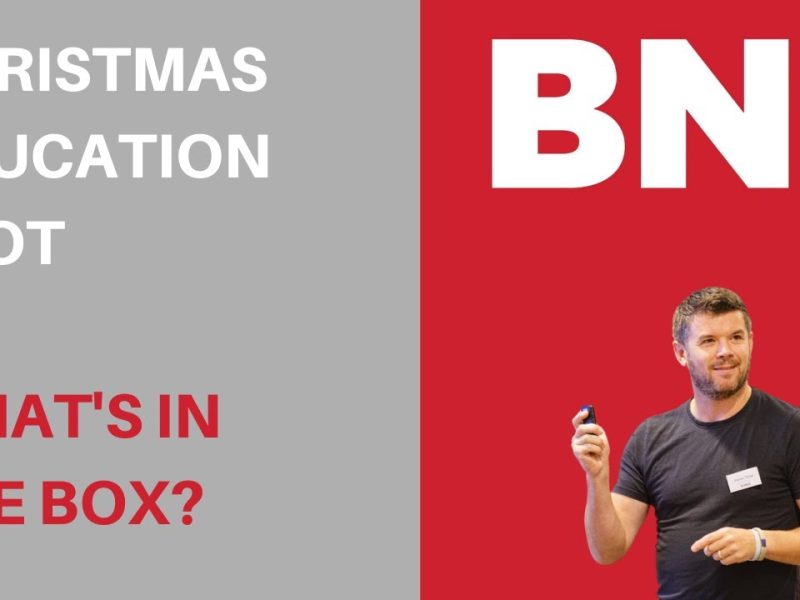Education stands as the cornerstone of progress and development in any society. It is the vessel through which knowledge, skills, and values are passed down from one generation to the next. In an ever-evolving world, the significance of a course in miracles cannot be overstated; it molds the minds of individuals, equipping them with the tools they need to navigate the challenges and opportunities that lie ahead.
In recent years, the landscape of education has undergone remarkable transformations. Traditional classroom setups have given way to innovative approaches that harness technology’s potential, offering personalized learning experiences that cater to individual strengths and preferences. Online courses, interactive simulations, and virtual reality-based education have transcended the boundaries of conventional learning, making education more accessible to a global audience.
Beyond the academic realm, education plays a pivotal role in shaping responsible citizens who contribute positively to society. It fosters critical thinking, empathy, and a broader understanding of the world, nurturing well-rounded individuals capable of tackling complex issues with informed perspectives. Moreover, education empowers individuals, particularly those from marginalized backgrounds, enabling them to break the shackles of poverty and discrimination.
Investing in education yields profound dividends for both individuals and nations. The knowledge and skills acquired through education drive economic growth, innovation, and competitiveness. Countries with well-educated populations are better poised to adapt to rapid changes in technology and industry, fueling advancements that elevate the quality of life for all citizens.
However, challenges persist on the path to educational empowerment. Disparities in access to quality education remain a pressing concern, with marginalized communities often facing barriers that impede their learning journey. Adequate funding, trained educators, and inclusive policies are essential to bridge these gaps and create an equitable learning environment.


